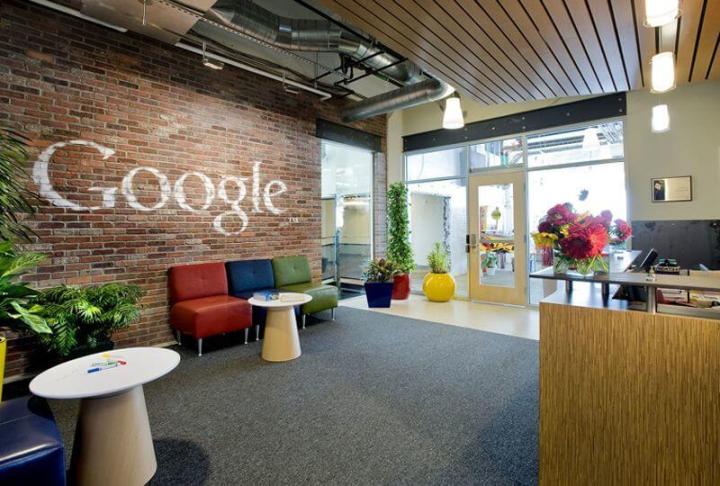
According to the warrant, the case targets a person who used a fake passport to enable the transfer of $28,500 from a Spire Credit Union to a Bank of America account. When investigators searched Google for the victim of fraud, they discovered the image used on the faux passport was available through Google images. While we know the victim’s first name is Douglas, the surname has been redacted from the warrant.
Although the warrant request was filed within the township of Edina in Minnesota, its reach is potentially unlimited, meaning anyone who searched for that person’s name between December 1, 2016 and January 7, 2017, could have their details handed over to the police.
Those details include everything Google has to hand, too. That includes IP addresses, MAC addresses, names, addresses, telephone numbers, date of birth, email address, payment information, and social security numbers.
It’s not clear at this time whether Google would comply with such a warrant. It has previously rejected an administrative subpoena that attempted to force its hand in a similar manner. The Register highlights how the firm has refused to cooperate with some requests in the past and has a vested interest in protecting the identities of its users.
It did release a generic statement in request for comment, saying that it would “always push back when [it received] excessively broad requests for data about [its] users.”
There is also the question of whether such a warrant is even legally viable under Fourth Amendment to the U.S. Constitution, which prohibits unreasonable searches and seizures. However, the harvesting of mass data in what is often described as “dragnet” information-gathering tactics by law enforcement and intelligence agencies has become far more commonplace in recent years.
Indeed 2017 will be an important year when it comes to this issue, as many politicians and lobby groups hope to force Congress to allow the special provisions in the Foreign Intelligence Surveillance Act (FISA) to expire.
Editors' Recommendations
- Should you buy the Google Pixel 6 or get an older model instead?
- You can now video chat with up to 32 people on Google Duo
- Update your Google Chrome browser now: New exploit could leave you open to hacks
- The Google Pixel Watch could finally get released next week, report says
- Google Photos now lets you print and pick up photos at a local CVS and Walmart



